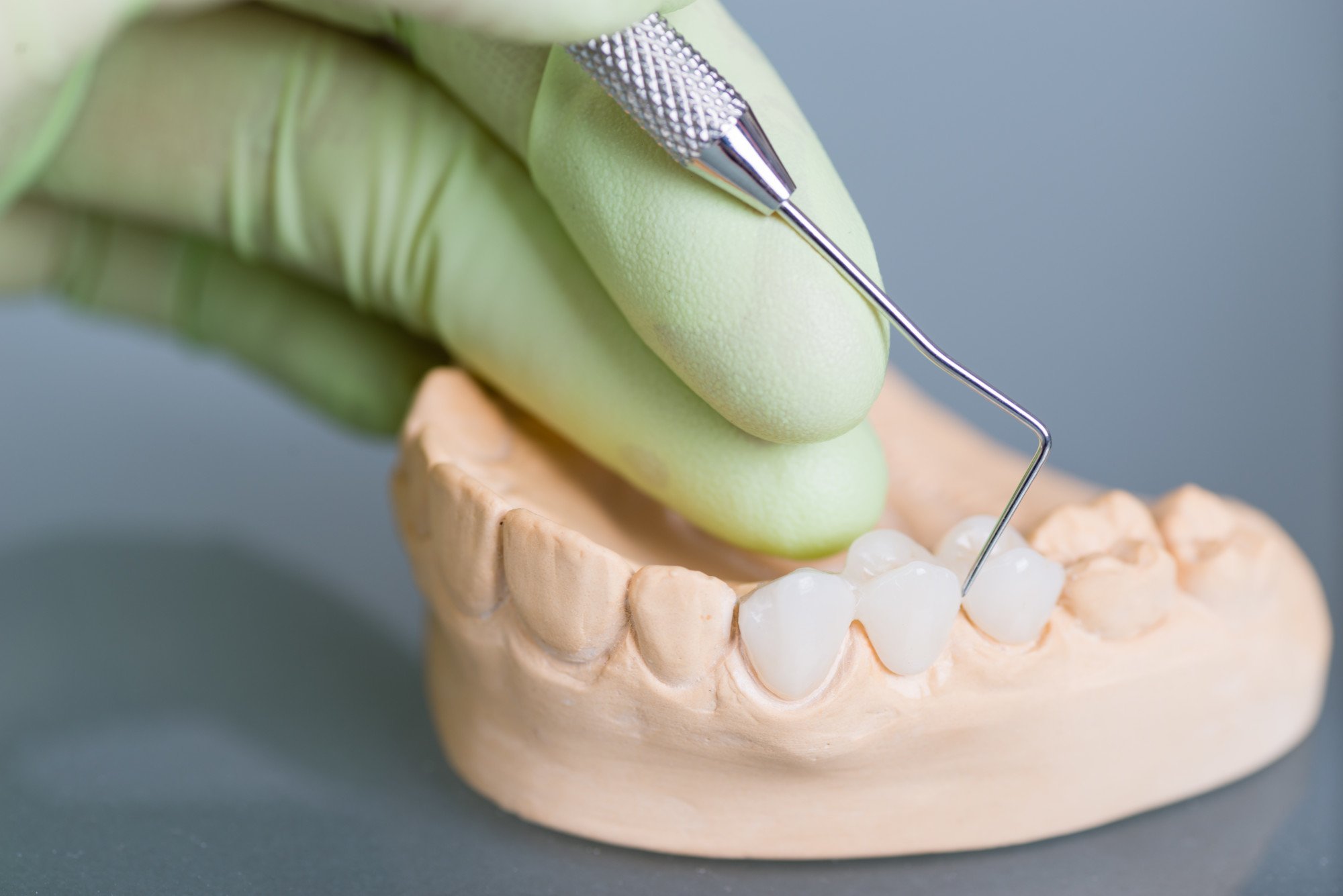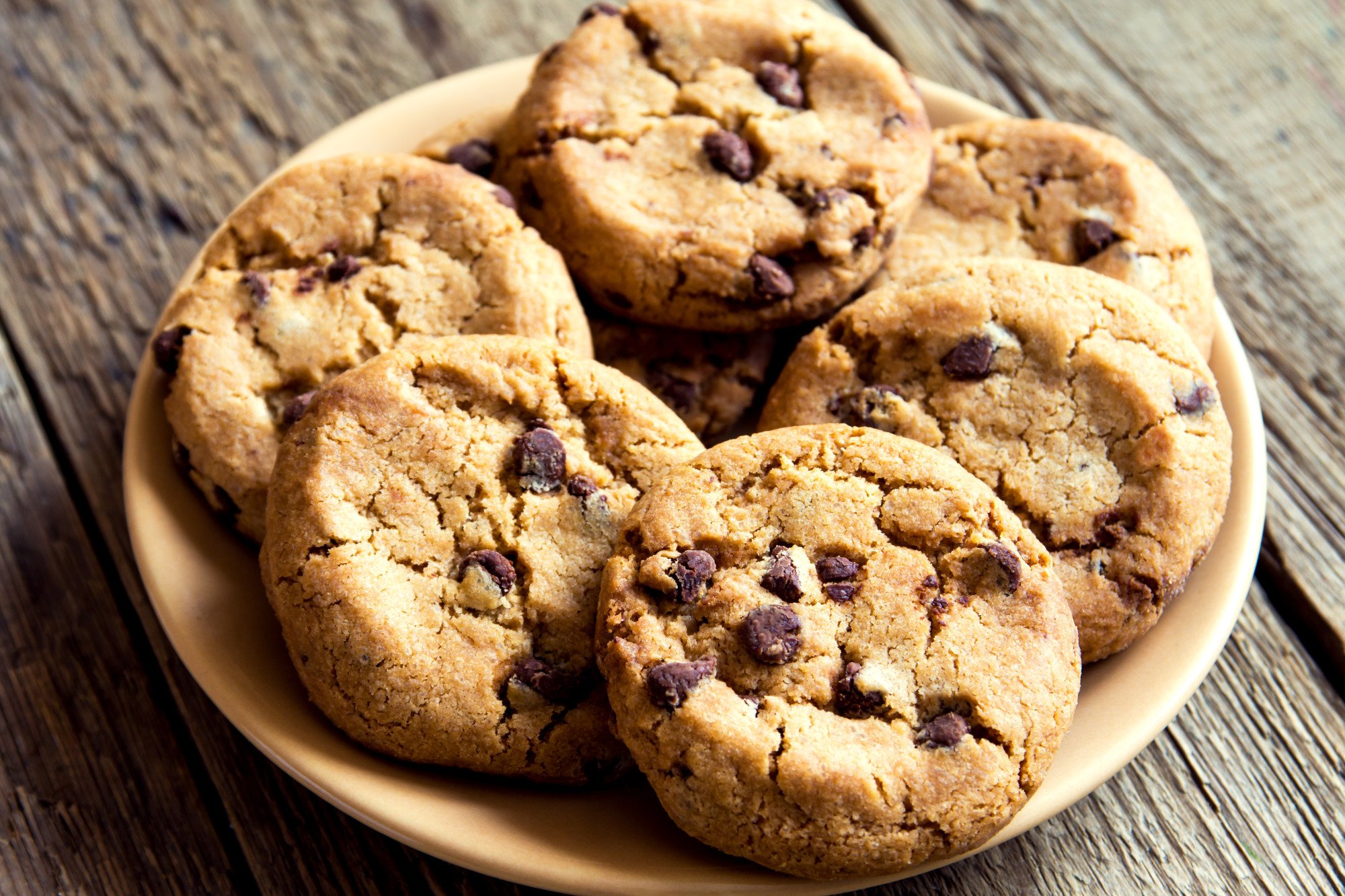
Did you know that veneers are currently one of the most popular cosmetic dental procedures in the United States?
People may get veneers for many different reasons, but the main purpose is to always improve a person’s smile. Veneers can do this in a variety of ways.
However, caring for dental veneers is a different story. If you’re thinking about getting dental veneers or if you already have them, you might be wondering how eating with veneers or cleaning dental veneers is different than caring for your regular teeth.
Keep reading and learn more about how to build a veneer care routine and what kind of mistakes you should avoid.
Avoid Foods With Strong Pigments
Most people get veneers to get a whiter smile. This is important because regular teeth whitening treatments might not be enough for some people. If the natural color of your tooth enamel is not white but instead yellow or gray, you’ll never be able to get perfectly white teeth with regular teeth whitening treatments.
However, if you opt for veneers, you can get the white teeth you’ve always wanted. This is because you can choose whatever shade you want for your veneers. That way, your teeth can be bright and white as you’ve always wanted.
But problems will start to arise if you don’t take care of your dental veneers correctly. Keep in mind that veneers are not invincible and they won’t last forever, especially not if you don’t take good care of them. One of the main problems that veneers have is also a common problem that your regular teeth may have: discoloration.
While your veneers might be bright white at the moment, they certainly won’t stay that way if you repeatedly bombard them with things that will stain them. There are many different things that may stain your teeth and you may consume them regularly without even realizing it. For example, coffee is a substance that is infamous for discoloring both teeth and veneers.
This is because while coffee may seem like a smooth drink, it is actually filled with microscopic particles of coffee beans and dark pigments. Once these particles stick to your teeth, they will stay there until you brush them away with a toothbrush. The problem is that most people don’t bother to brush their teeth after drinking coffee.
The Details
Instead, they may drink coffee while they’re in a rush and forget to brush their teeth before going off to work or performing other duties. This, however, can have big consequences for your veneers. The longer coffee sits on your veneers, the more the coffee will stain them
Eventually, you will find that your white veneers are no longer white but instead a shade of brown or yellow. At that point, it will be quite difficult to remove the stains. Besides that, there are various other substances that can stain your veneers in a similar way.
In particular, red wine and red fruit juices do the same thing according to this professional dentist in Farmington. They may turn your veneers a shade of yellow or even red if you don’t brush your teeth after drinking them. This, of course, would make your smile look a bit strange.
But as long as you remember to brush your teeth after drinking something that has a lot of heavy pigments, you shouldn’t have to worry about this problem. That’s because the bristles of the brush will scrape the surface of your veneers and remove the pigments. That way, the pigments won’t have the chance to soak into your veneers and stain them in the first place which will save you a lot of trouble later on.
Avoid Chewing Hard Foods
Many people mistakenly believe that their veneers are practically impossible, but this is not at all true. Veneers are more or less as strong as your real teeth. For that reason, you shouldn’t abuse them by chewing things that you shouldn’t be chewing on.
For example, ice is a popular substance that many people like to chew on, but it is horrible for both your teeth and your veneers. Ice is a very hard substance when compared to normal food. Every time you chew on ice, you risk damaging your veneers in a big way.
The problem that you may come across when chewing ice is that you may end up chipping your veneers. If that happens, you’ll end up searching for a dentist near me on Google, which, of course, is a drag. No one wants to go to the dentist if they don’t have to.
Your veneers are particularly vulnerable to the effects of chewing on ice if you do it all the time. After all, consider the construction of your veneers. A veneer is nothing more than a thin piece of material that is glued to the front of your teeth. In a way, a veneer is just a shell that covers your teeth in order to give them a better appearance.
What You Need to Know
Because veneers are not very thick, they will naturally be more prone to breaking or cracking when you use them to chew on hard substances. Many people find this out the hard way. After chewing on ice for quite some time, your veneers will likely chip or they may even crack.
In rare cases, the entire veneer may pop off of your real tooth, but this usually does not happen unless the glue used to secure the veneer was used improperly. Whatever the case, ice isn’t the only substance you should avoid when you have veneers. You should also avoid other hard substances that may damage your teeth.
For example, chewing on hard candy can be quite bad for your veneers. Not only will hard candy threaten to chip your teeth but it can also discolor your teeth or stick to them in a way that will make them hard to clean. This is also true for peanuts and other types of nuts that are quite hard and difficult to chew.
Using the Wrong Toothbrush
Many people think that toothbrushes are all more or less the same, but this isn’t at all true. Some toothbrushes are very soft while others have very firm and hard bristles while some have bristles that are in-between firmnesses. Whatever the case, using a very firm toothbrush isn’t a good idea if you want your veneers to last a long time.
You shouldn’t even use a hard toothbrush on your real teeth. This is because this kind of toothbrush can damage both your teeth and veneers in a severe way. When you brush your teeth with this kind of toothbrush, the toothbrush will do more than just remove particles of food and pigments.
Instead, it will start to remove some of the surfaces of your veneers. More importantly, it will start to leave scratches in your veneers. This usually won’t be visible at first because the damage will only be microscopic.
However, the more you brush your teeth with a hard toothbrush, the more the damage will start to be visible. At a certain point, your veneers will start to feel quite rough from all the scratches on their surfaces. The scratches will also become more noticeable when you show off your veneers when you smile.
Using a hard toothbrush all the time will also weaken the veneers. This is because the veneers will only get thinner and thinner as you continue to brush them away with a hard toothbrush. This will eventually make it easier for your veneers to sustain other kinds of damage such as chipping and cracking since they won’t be as strong as they usually are.
What to Know
The simplest solution to all this is to stop using a toothbrush with hard bristles. As soon as you stop doing that, you won’t have to worry about damaging your veneers to such a degree. Some people are used to using hard toothbrushes since they believe that they are better at cleaning, but this isn’t true.
It is better to opt for a toothbrush that has medium bristles. Toothbrushes with soft bristles may not be a great option either. This is because bristles that are too soft have a hard time cleaning both teeth and veneers.
You might brush your teeth thoroughly but a soft toothbrush might still leave particles of food or pigment behind on your teeth. This, of course, could lead to all sorts of problems. Besides discoloring your veneers, any leftover food particles might start to damage your real teeth.
They might start to cause problems like tooth decay, gum disease, cavities, and so on. For that reason, you might want to opt for a brush with medium bristles. These bristles will be hard enough to give your veneers and teeth a good cleaning.
At the same time, they will be soft enough to not scratch your veneers or damage them in any way. Once you find the perfect toothbrush for your veneers, you will find that your veneers will look great for quite a long time.
Grinding Your Teeth
Many people grind their teeth and many people don’t even know that they do it. Teeth grinding may happen for a variety of reasons. You may do it when you’re stressed or distracted.
However, more often than not, people grind their teeth when they are asleep. For that reason, most people who grind their teeth don’t even know that they do it. Although, you may have an idea that you grind your teeth at night if you often wake up and find your teeth or jaw sore.
This is a sign that you were clenching your jaw or grinding your teeth all night. Again, this is usually a sign of stress, however, some people also do it naturally even if they are perfectly relaxed. The problem with grinding your teeth is that it can cause some serious damage to your veneers, especially if you do it all the time.
It can also cause damage to your real teeth. When you grind your teeth often, you will actually grind down your tooth enamel little by little. This is most often seen in your molars, but it can sometimes be seen in your front teeth as well.
Teeth Grinding and Veneers
Once your enamel starts to get ground away, your teeth will become more and more sensitive. In severe cases, the pulp of your teeth might even be exposed which would cause extreme sensitivity and pain since the inner tissue of your teeth would be exposed. But how could this affect your veneers?
Remember that your veneers aren’t invincible. While they are usually made of hard materials like porcelain, porcelain is quite similar to the texture and strength of tooth enamel. So, when you grind your teeth, your veneers will suffer from the same type of damage as your real teeth would.
As a result, your veneers would slowly be ground down until they lose their original appearances. To prevent this problem from happening, consider wearing a night guard. That way, your teeth will be protected even as you grind your teeth at night.
Caring for Dental Veneers
Caring for dental veneers doesn’t have to be hard, but there are certain things you should keep in mind. For example, avoiding foods with strong pigments like coffee is important and if you do consume them, always be sure to brush your teeth afterward. Also, don’t chew on hard substances, and use a night guard if you grind your teeth.
To learn more, check out the other health articles on our blog.





